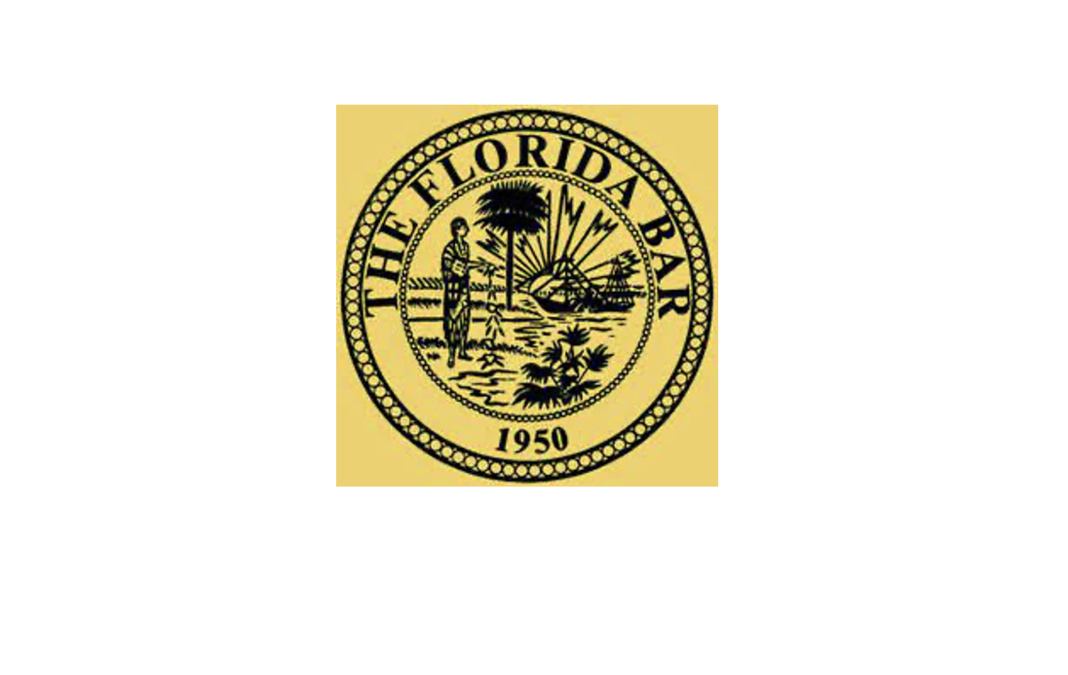
by Elise Nuevo | Nov 8, 2021 | Moot Court Mondays

Elise Nuevo
New business is a key factor to any attorney’s success—and finding unique ways to reach potential new clients is essential. When it comes to advertising, however, attorneys must follow the rules provided by the Florida Bar. Specifically, Rule 4-7.19.
New and transformative digital technologies are rapidly taking over and enabling organizations to innovate and thrive in a progressively digital world. COVID-19 put a full-stop on business as usual and created a launching pad for organizations to become virtual—all while doing it at lightning-fast speed. The Florida Bar is keeping up-to-date and advancing to fit in with this technology that is becoming more integrated with every aspect of our lives each day.
The Florida Supreme Court has just adopted amendments to rule 4-7.19 to allow the Florida Bar to post on the Bar website the location for submission of advertisements for review. Advertisements must be filed with The Florida Bar in the manner that is specified on the Florida Bar website. What does this mean? The adopted amendment will now potentially allow the Bar to implement procedures for online submission of advertisements.
An electronic submission system may be more efficient and effective in comparison to the traditional mailing processes that have been set in stone for years. Advertisements by lawyers are at an all-time high. These rapid developments are not only providing innovative solutions that attorneys need to improve their workflow but are also providing them with a much faster way to submit their advertisements that will, in return, help their businesses—with just the click of a finger.
Sources:
Florida Supreme Court Case: IN RE: AMENDMENTS TO RULE REGULATING the FLORIDA BAR 4-7.19
The Florida Bar News: BAR REVIEWING MORE LAWYER ADS

by Alexa Zamora | Nov 1, 2021 | Moot Court Mondays

Alexa Zamora
The Florida Bar’s Special Committee on Examination of Judicial Referral Process was assigned to create the most effective and efficient process to address judicial referrals of lawyer misconduct.
Rule 3-7.18 of the Rules Regulating the Florida Bar was amended to address judge’s long history of dissatisfaction of never being informed of the outcome of their complaint or inquiry to the Florida Bar regarding lawyer misconduct. When a judicial complaint is made, many times, the Florida Bar Committees’ decision does not require the filing of formal grievance charges. The Committees’ decision not to pursue an inquiry, dismiss a case, find no probable cause, issue a letter of advice, recommend a diversion, or recommend an admonishment for minor misconduct are all dispositions that do not require a filing of formal charges. Consequently, judges are not being informed of the Florida Bar Committees’ decision nor informed of the outcome of their complaint.
Rule 3-7.18 creates a process of review and approval by the Board of Governors of the Florida Bar and the Court regarding all dispositions of judicial referrals. First, the Bar’s Disciplinary Review Committee will review all inquiries or complaints that do not require filing formal charges and recommend a disposition to the full Board of Governors. Thereafter, the Board of Governors have one of two options, either they accept the committee’s recommended disposition or reject it. Suppose the board decides to reject the recommended disposition. In that case, the Board of Governors either can refer the matter to a grievance committee for additional investigation or review; find probable cause, and the case would proceed accordingly; or recommend a different disposition to the Supreme Court of Florida.
The Florida Supreme Court may review the board’s recommendation for approval of dispositions of judicial referrals and may take one of the following actions, either approve the board’s recommended disposition; reject the Board’s recommendation, refer the matter back to the Board for further review, or request that the bar provide additional information.
The new rule will become effective on December 20, 2021.
Sources:




